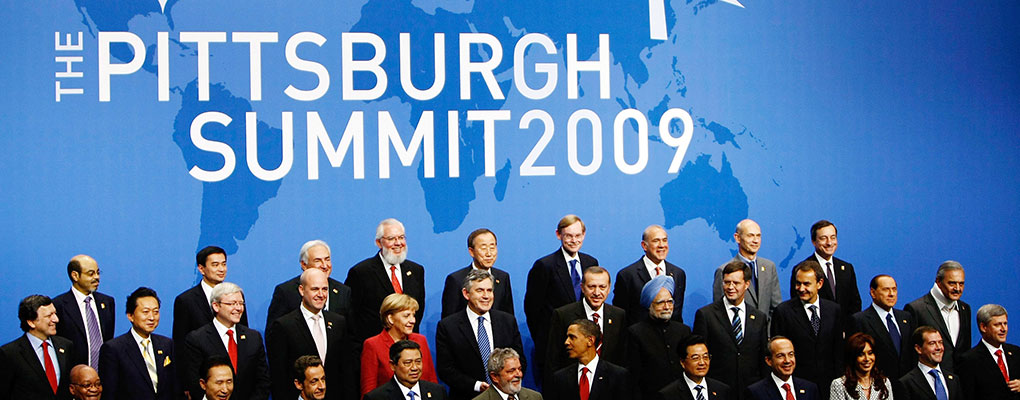
Oil Change International (OCI) took a moment around the midpoint of COP 21 to shine a light on subsidies and how support for fossil fuels among the world’s wealthiest threatens to derail outstanding commitments to climate finance. The findings, which take into account spending in the G7 countries and Australia, show that the annual combined spend on fossil fuel subsidies numbers around $80bn, whereas support for the Green Climate Fund – as a means for comparison – numbers around $2bn.
Following on from a some-would-say enlightening two weeks in which talk of climate finance has divided negotiators, fossil fuel subsidies – particularly on the exploration side – has been criticised by some as a relic of days past. Surely now is the time to address the disconnect that exists between government actions and ambitions.
The case against exploration subsidies reads simply: the world economy cannot afford to burn any more fossil fuels than it has on its books
The same old story
Six years ago, G20 leaders gathered in Pittsburgh and promised to phase out unnecessary government-given support for fossil fuels. This failed promise, together with recent studies showing the world is fast approaching its carbon budget, has riled critics – for whom action on climate change has come too slow.
“The big problem with producer subsidies is that we can’t afford to use all of the fossil fuel still buried in the ground – not without triggering runaway climate change,” said Chris Beaton of the IISD, speaking to World Finance earlier in the year. “Claims that helping the fossil-fuel industry is good for the economy and jobs are often inflated, or simply not substantiated with published analysis.”
For the very same reasons highlighted in the OCI report, fossil fuel subsidies are under fire, and while not all support should be tarred with the same brush, the case for exploration subsidies is growing thinner by the day.
One report, penned last year by the Overseas Development Institute and OCI, stated “G20 governments’ exploration subsidies marry bad economics with potentially disastrous consequences for climate change.” Chief among its findings was that governments were spending $88bn a year to support exploration, more than double what the recipients were investing in exploration themselves. By supporting exploration in this manner G20 countries are creating a “triple-lose” scenario and diverting funds into potentially damaging investments.
Carbon budgeting
“The world already has a large stockpile of unburnable carbon. If countries intend to meet their commitments to the 2ºC climate target, at least two-thirds of existing proven reserves of oil, gas and coal need to be left in the ground,” says the report. “Yet governments continue to invest scarce financial resources in the expansion of fossil fuel reserves, even though cuts in such subsidies are critical for ambitious action on climate change and low-carbon development.”
The case against exploration subsidies reads simply: the world economy cannot afford to burn any more fossil fuels than it has on its books. Even still, the $2.6bn in US exploration subsidies for 2009 almost doubled to $5.1bn by the time 2013 hit, as policymakers there looked to cash in on runaway growth in the local oil and gas sector. Likewise the UK Government has deemed oil and gas majors worthy of additional financial support, and all in a period where subsidies for clean energy have been scaled back.
The central question in this matter is whether policymakers, not to mention fossil fuels majors, will acknowledge the existence of a carbon budget and, if so, whether they’ll take steps to reduce their spending so to speak. As it stands, needless government-given support for fossil fuel exploration is actively incentivising an overspend, and for as long as these subsidies exist, producers are seemingly exempt from the consequences.
If governments truly are serious about keeping emissions “well below” 2ºC, they must consider the way in which their actions on this point conflict with the ambitions outlined in the climate deal last week.
For more on the subject of fossil fuel subsidies and tax breaks for Big Oil see the below World Finance articles.
Fossil fuels aren’t going anywhere
Could tax breaks be on the agenda for big oil companies?


